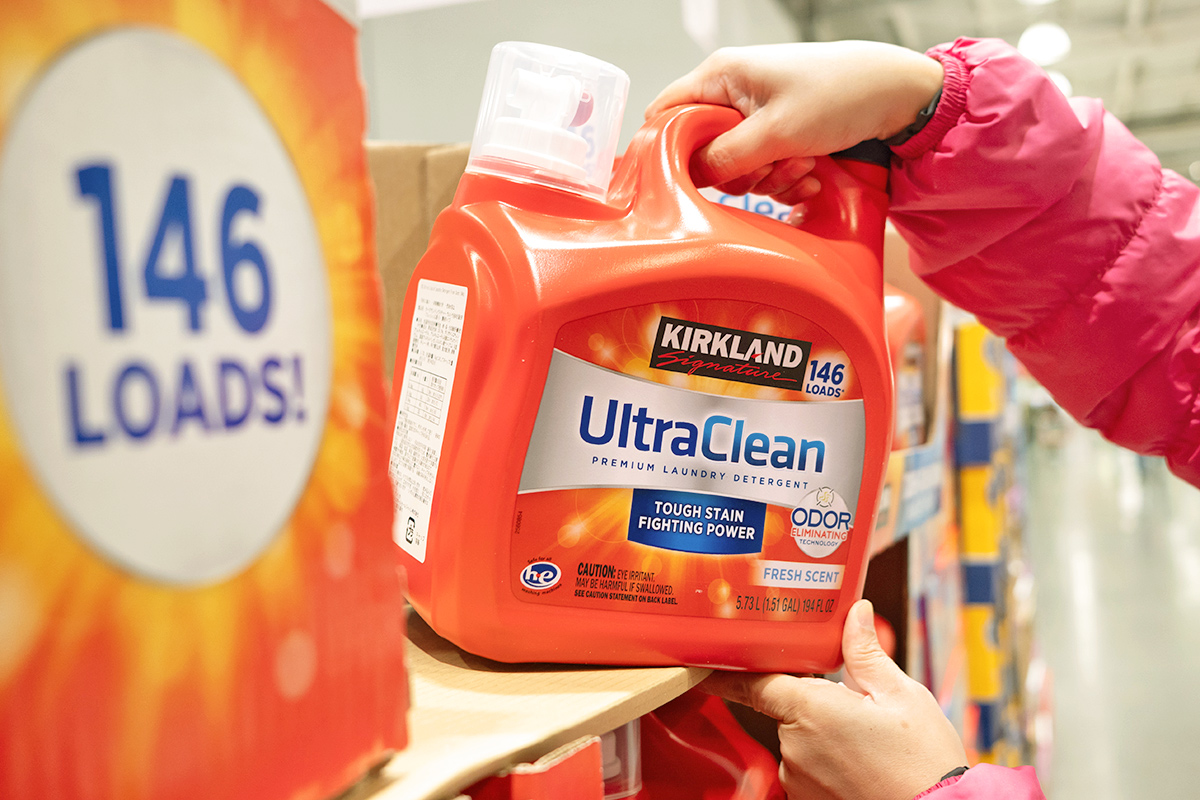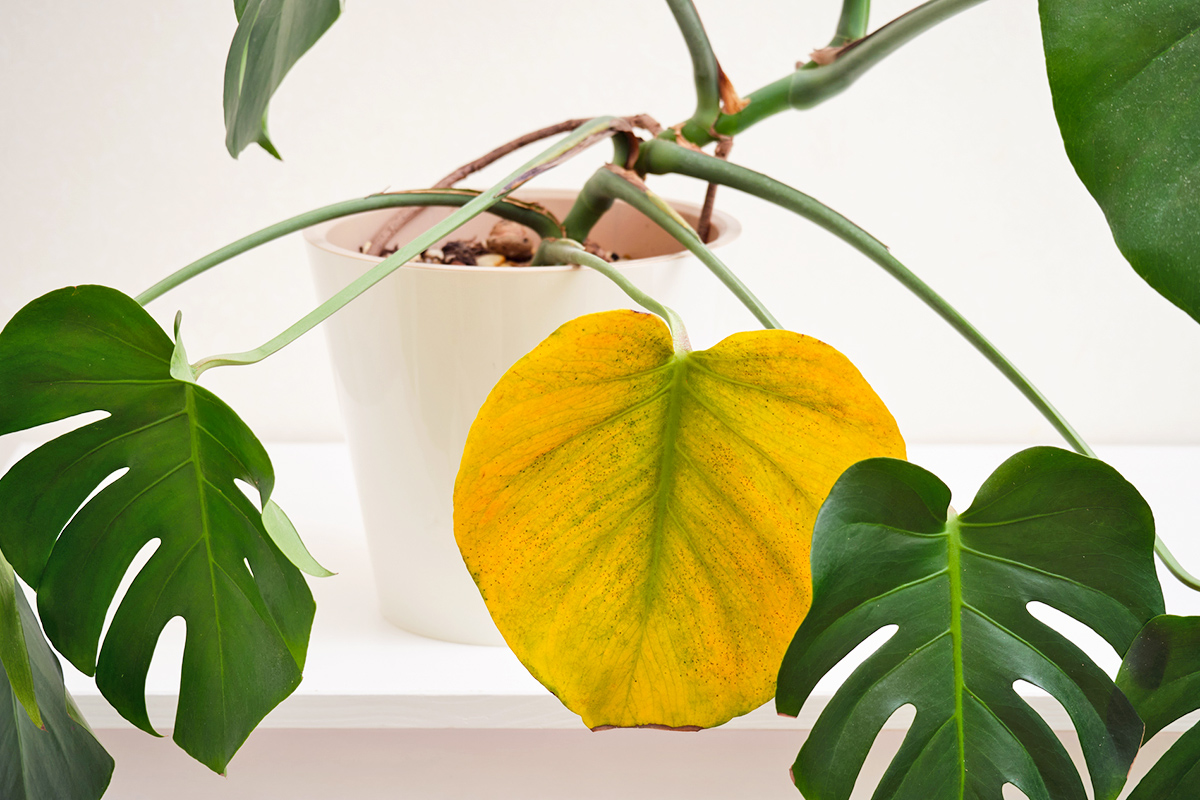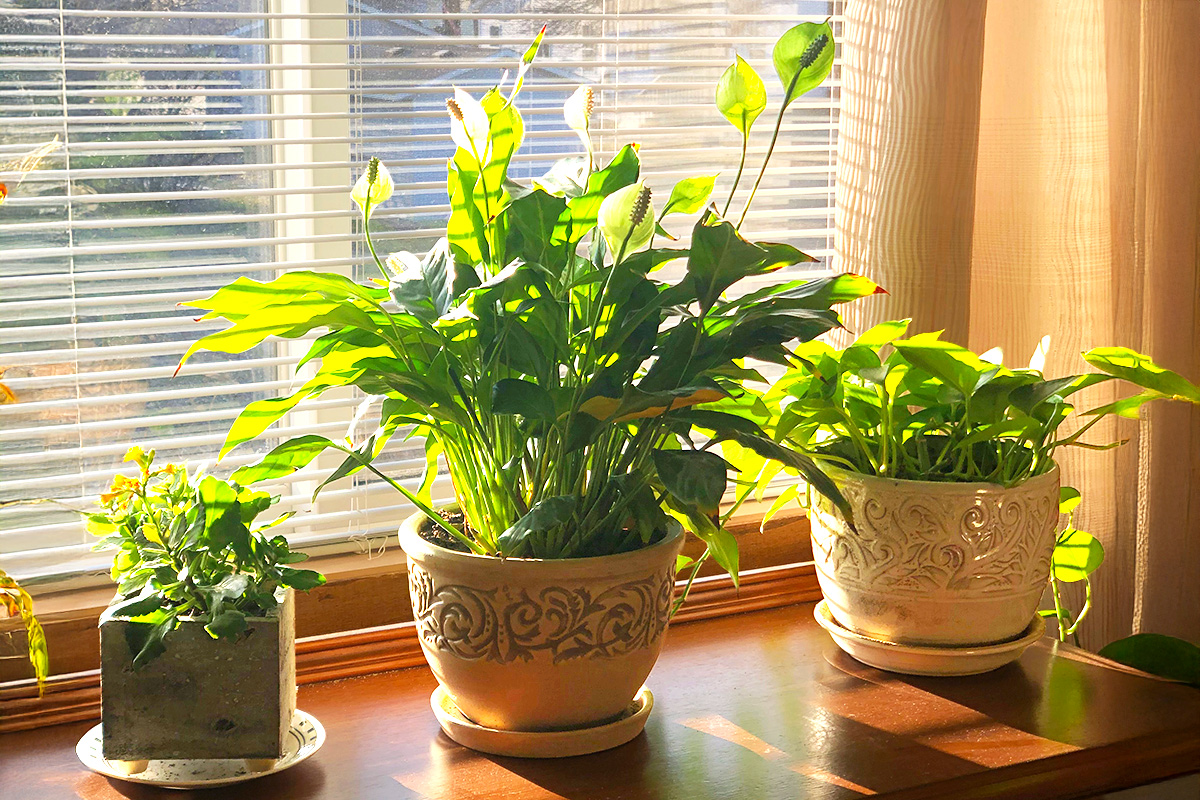Oranges aren’t just juicy and delicious; as it turns out, their peels can help you naturally maintain pest-free plants. Citrus peels contain limonene, a chemical compound that most insects dislike. The strong citrus scent disrupts pests that use their olfactory receptors to locate food, such as mosquitoes, flies, ants, aphids, and slugs. Harmless to plants…
What To Do With the Orange Peels
When you have enough orange peels saved, chop or grind them to disperse around your patio, garden, or wherever there are problem areas. The peels can be fresh or dried, or you can create a natural formula by boiling them in a cup of water for 10 minutes, then straining the cooled mixture into a spray bottle. The spray formula can be used in gardens and on houseplants; for best results, give the affected greenery a spritz every three to four days.
How To Properly Store Orange Peels
It only takes around two to three days for orange peels to mold and start decomposing. To keep the peels fresh for about a week, store them in a sealed container in the refrigerator. For longer storage, save and freeze peels in a Ziploc bag and scatter them around your garden in the spring.
More from our network
House Outlook is part of Inbox Studio, which publishes content that uplifts, informs, and inspires.
Tips To Keep in Mind
While biodegradable, orange peels take longer to decompose than you probably have patience for. It’s important to replace the orange peels regularly so they don’t get moldy or lose that strong limonene smell. Use only the peels, not the orange flesh, to avoid attracting rodents and other unwanted animals.




















